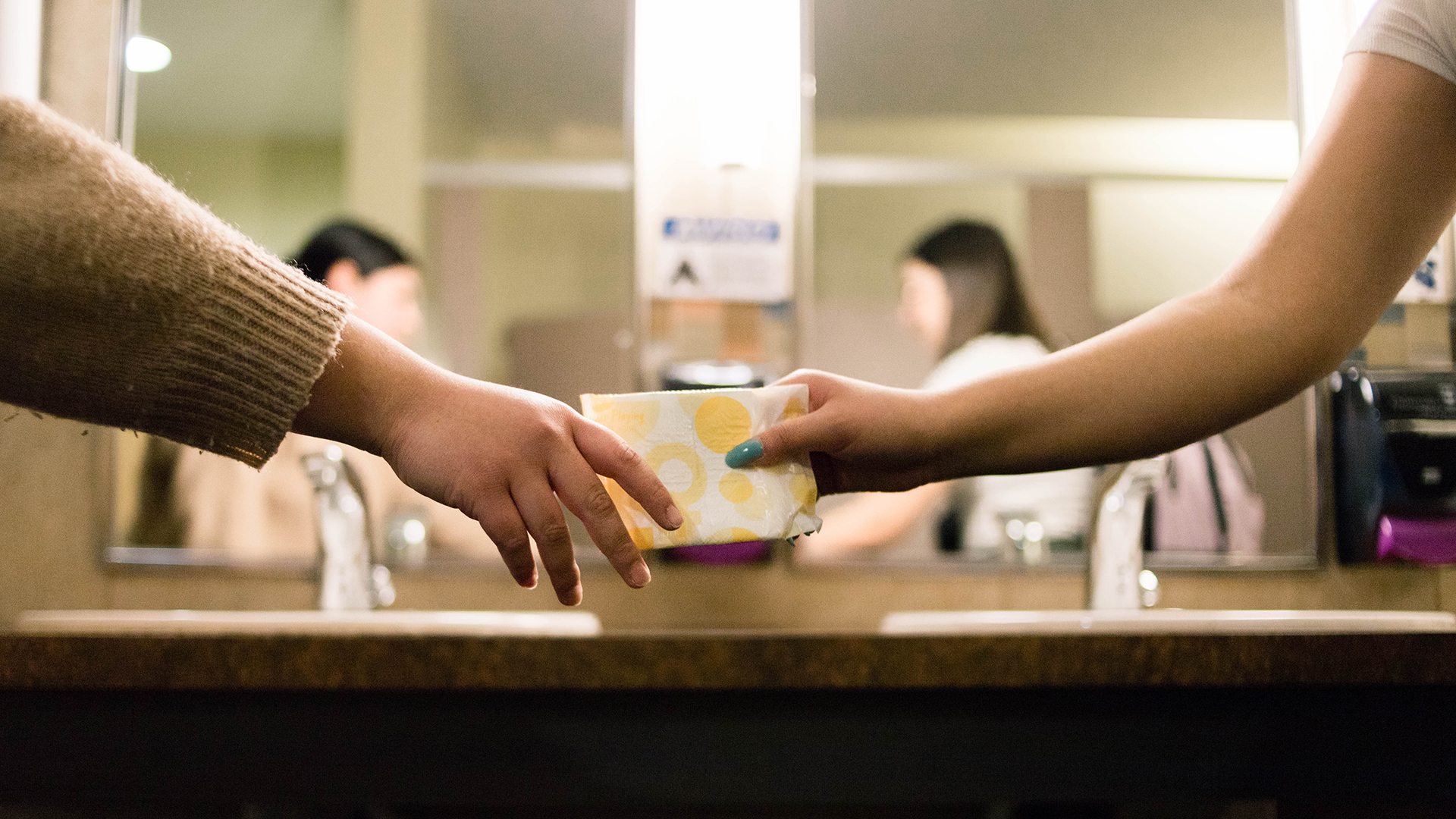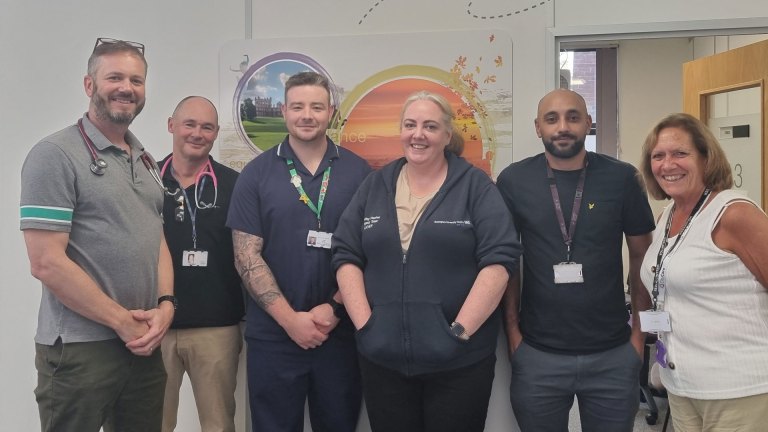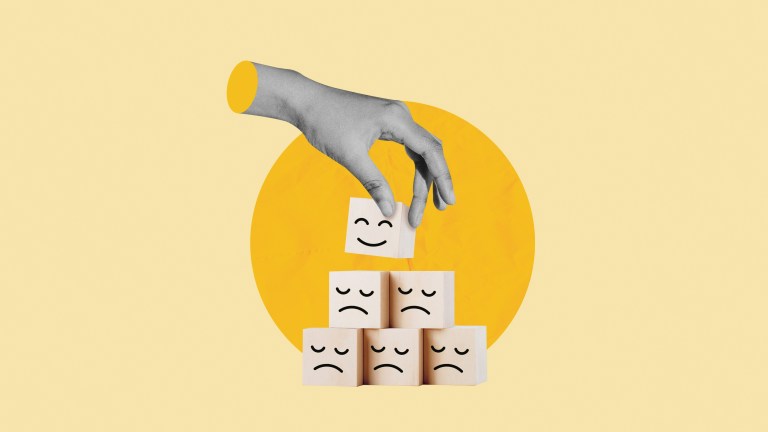Period pain exists on a scale, which includes conditions that are already recognised by the medical community. Endometriosis, fibroids, and ovarian cysts are separate problems, but they become worse during menstruation, which raises the question of how they should be classified in future legislation. Commenting on Spain’s decision, the campaign group Endometriosis UK warns against ‘a blanket policy’ that includes endometriosis, instead calling for recognition of the condition as a separate chronic illness.
The intangible nature of period pain is another roadblock for advocates in the UK. To understand just how disabling period pain is, we have to rely on women to self-report. Periods have long been the butt of the joke. ActionAid found that more than one in three (37%) of women have experienced period shaming through things like bullying, isolation, or jokes. This culture of shame, secrecy and scorn prevents women from advocating for themselves at work and, in many cases, it stops male employers (who make up the majority of employers globally) from understanding menstrual concerns or taking them seriously.
Hope Not Hate conducted a study into young people between the ages of 16 and 24 during Covid-19. More than 60% of the people surveyed think that feminism has gone too far and that it makes it harder for men to succeed. The issue might not be getting Britons to recognise the seriousness of menstrual issues, but rather to recognise the existence of the issue at all.
The need for self-reporting has already created teething problems in Spain, where employers and GPs alike are concerned about the lack of guidance in the new bill. There is little advice about which menstruation symptoms qualify for time off and how employers can protect their employees’ menstrual rights while complying with data protection laws.
Research shows that only 3% of women think that employers are doing enough to support them during menstruation. Bloody Good Period’s Bloody Good Employer programme, acknowledges that menstrual leave is only one problem to be addressed.
Bloody Good Period said: “Unfortunately, offering menstrual leave as a sole measure, without tackling the shame and stigma that is still common around periods, means that people taking leave could face discrimination or a negative impact on their career progression, and this mustn’t happen.
Advertising helps fund Big Issue’s mission to end poverty
“This is why Bloody Good Employers believes that menstrual leave must be embedded along with other changes, such as a wider flexible working policy – which can benefit all employees – as well as improved culture and communication around menstruation.”
Meanwhile, in the education system, a survey of 789 secondary school teachers found that only 420 (53%) worked at schools that taught menstrual health topics. Of those 420, only 144 teachers reported a maximum of two lessons about menstruation in the academic year.
Scottish campaigner Livvi Brooks noticed that many women only “learn that they will bleed” in school, but are never told “what to do, what to buy, [and] what to expect”. So she created Bloody Amazing, a social enterprise that campaigns to make period education part of the curriculum in Scottish schools, offering resources to parents, educators and medical professionals. It’s a start, but it still requires educators to engage with the issue.
In 2018, Labour MP Danielle Rowley made national headlines when she spoke in front of the House of Commons about her experience of menstruating at work. “Perhaps you’ll excuse my lateness,” she said, “today I’m on my period and it’s cost me this week already £25.” Her speech focused on the cost of periods and ended with the question, “What is the minister doing to address period poverty?”
The media’s stunned reaction to Rowley’s speech exemplifies the taboos that still exist around conversations about menstruation, access to period products and menstrual rights in the workplace.
With so little education about menstrual health and the complications that come with it, women don’t have the confidence to advocate for themselves at work, and many of their male counterparts aren’t even aware of the problem.
Advertising helps fund Big Issue’s mission to end poverty
The UK has a long way to go before the conversation can switch from tampons and pads to the pain that women experience every month.
Lexi Burgess is a member of The Big Issue’s Breakthrough programme.
Do you have a story to tell or opinions to share about this? We want to hear from you. Get in touch and tell us more.










